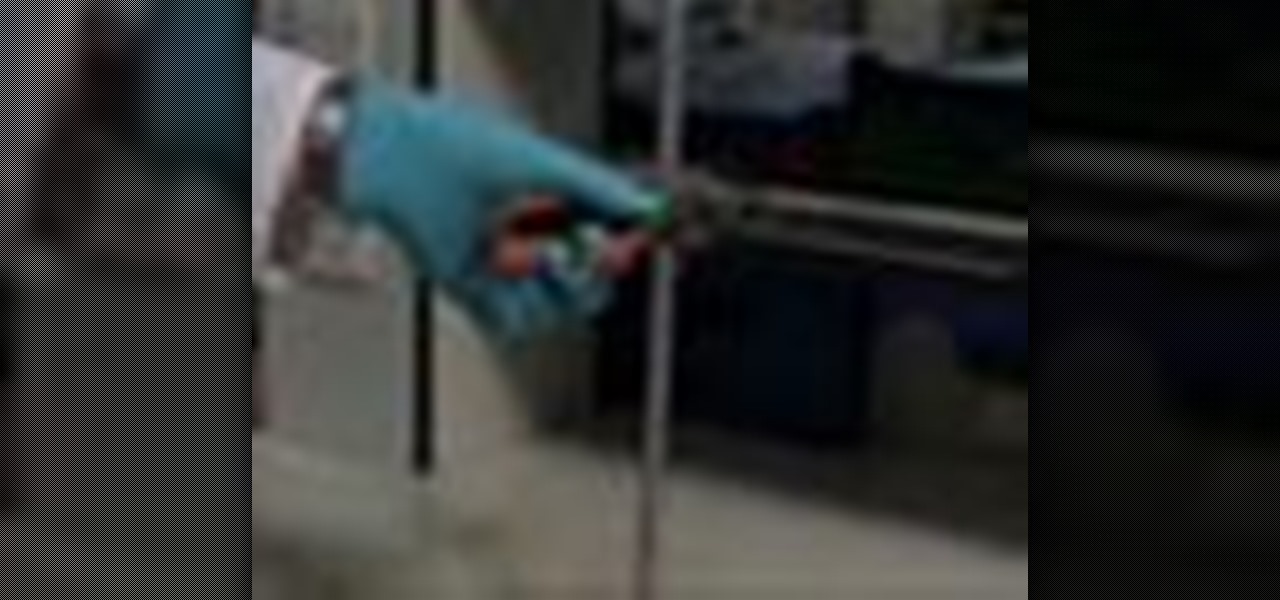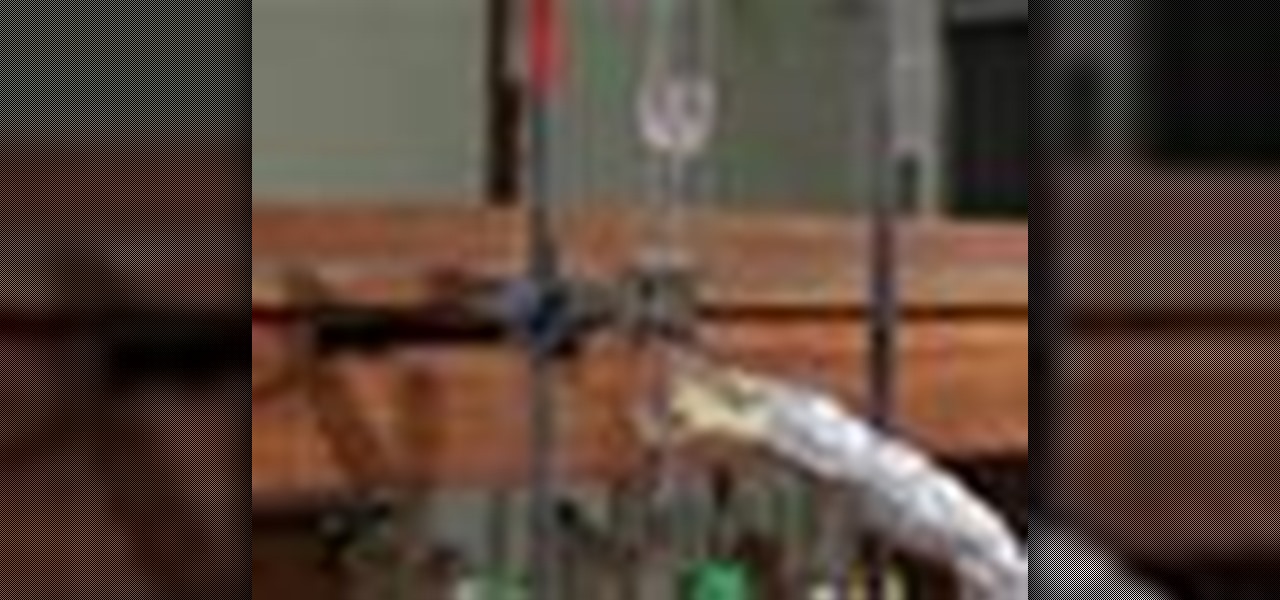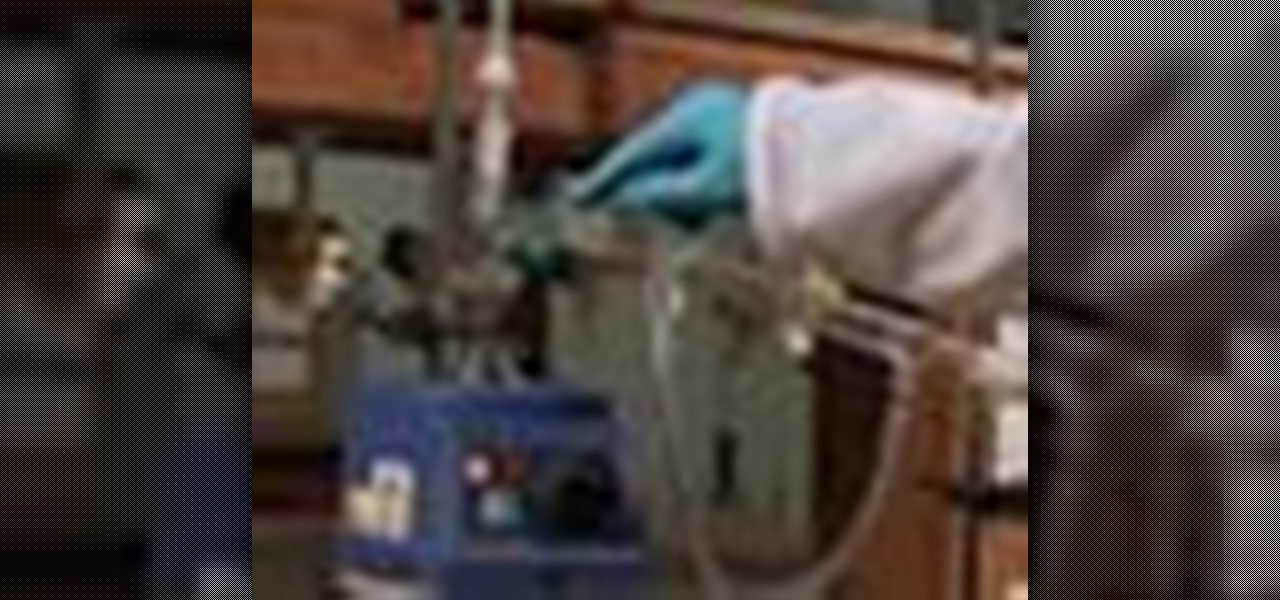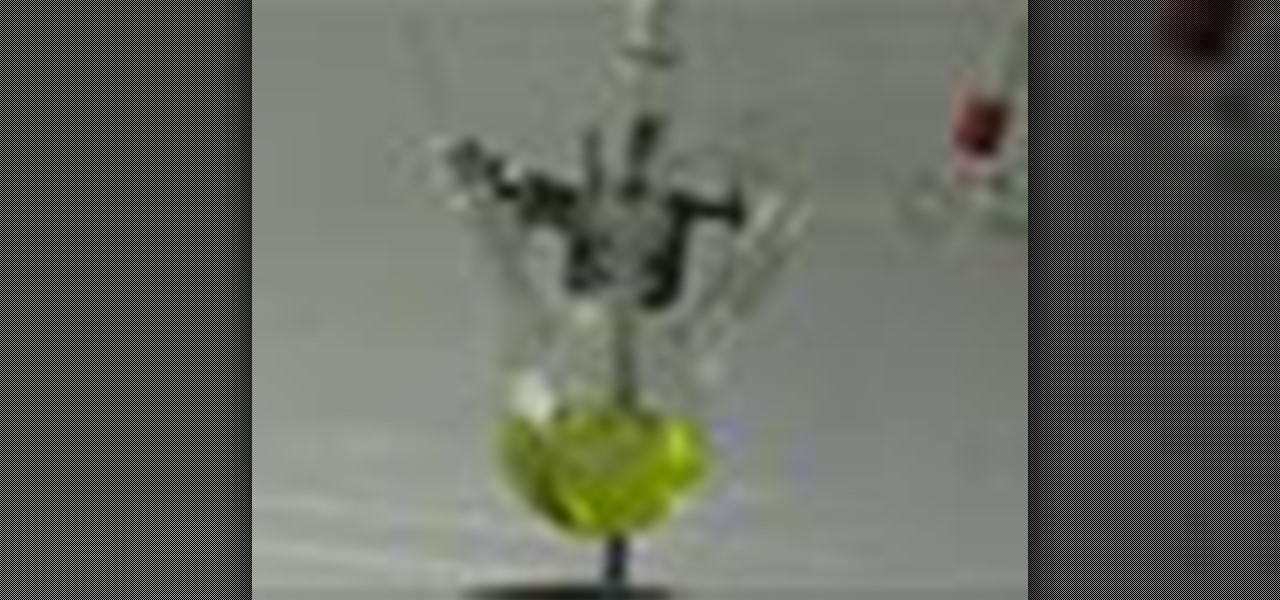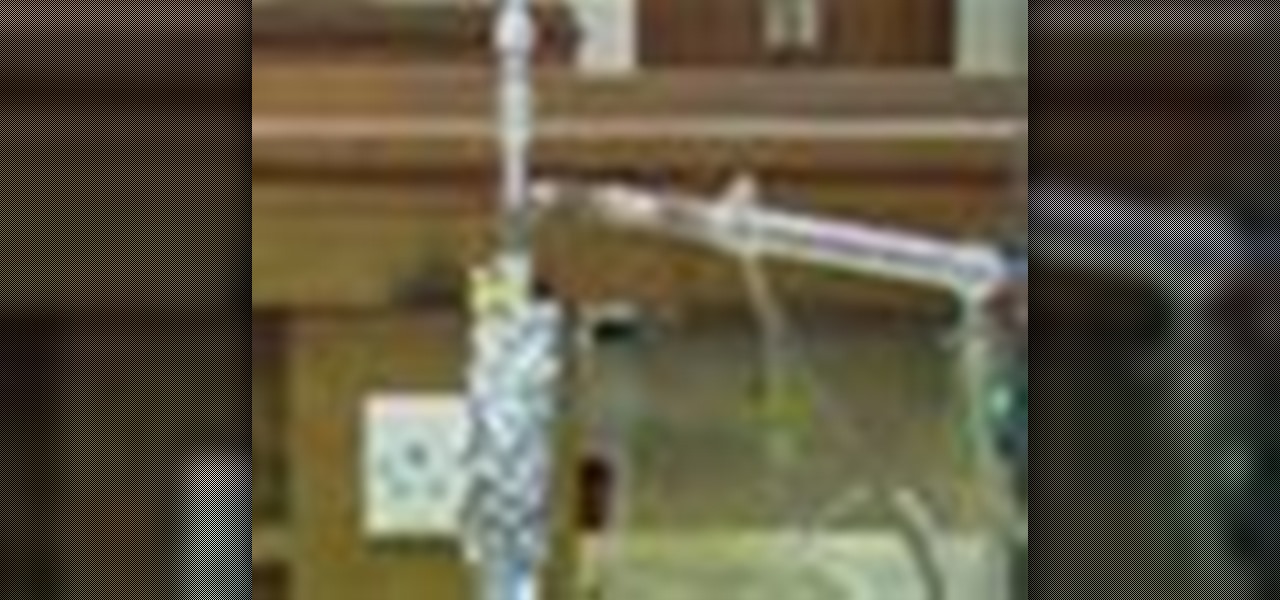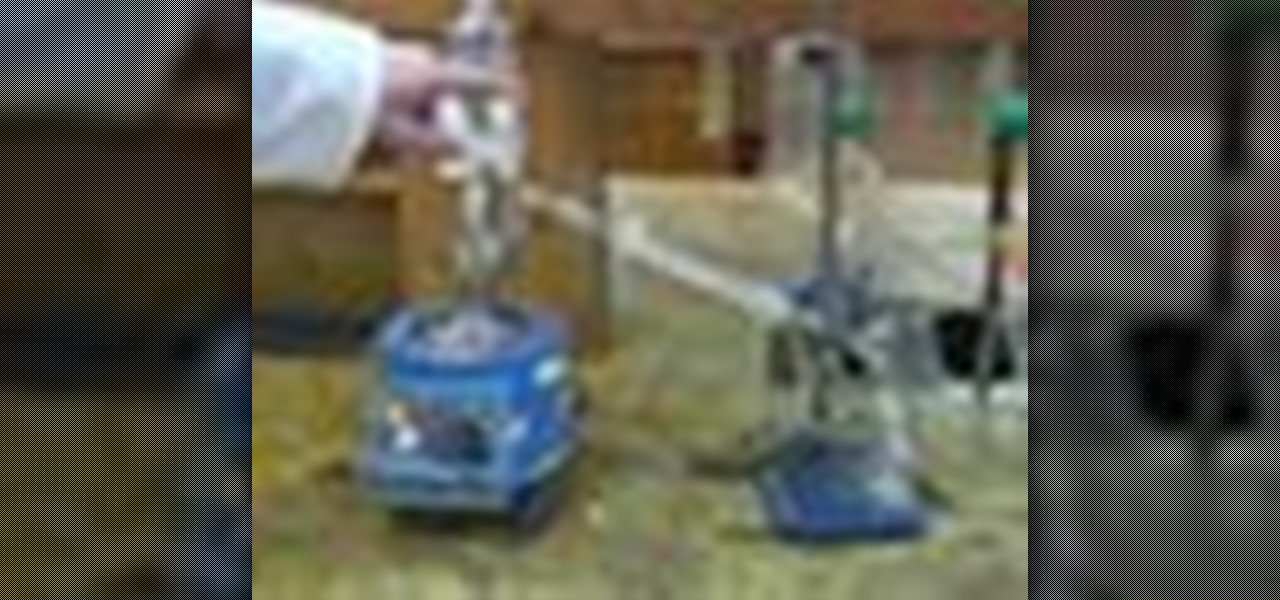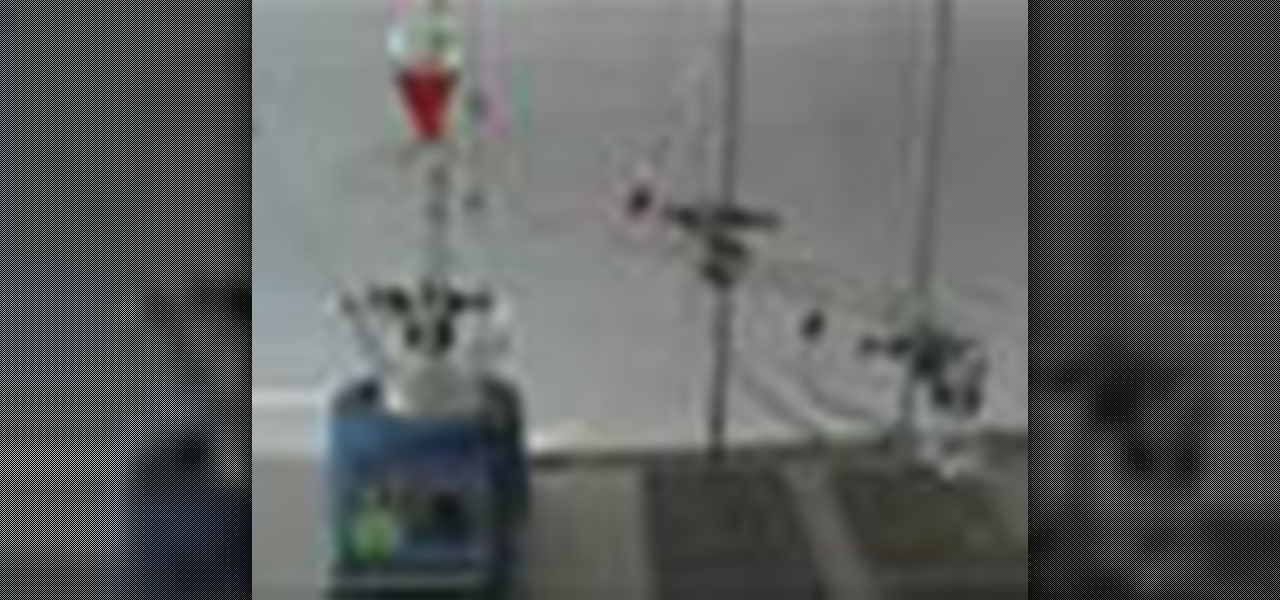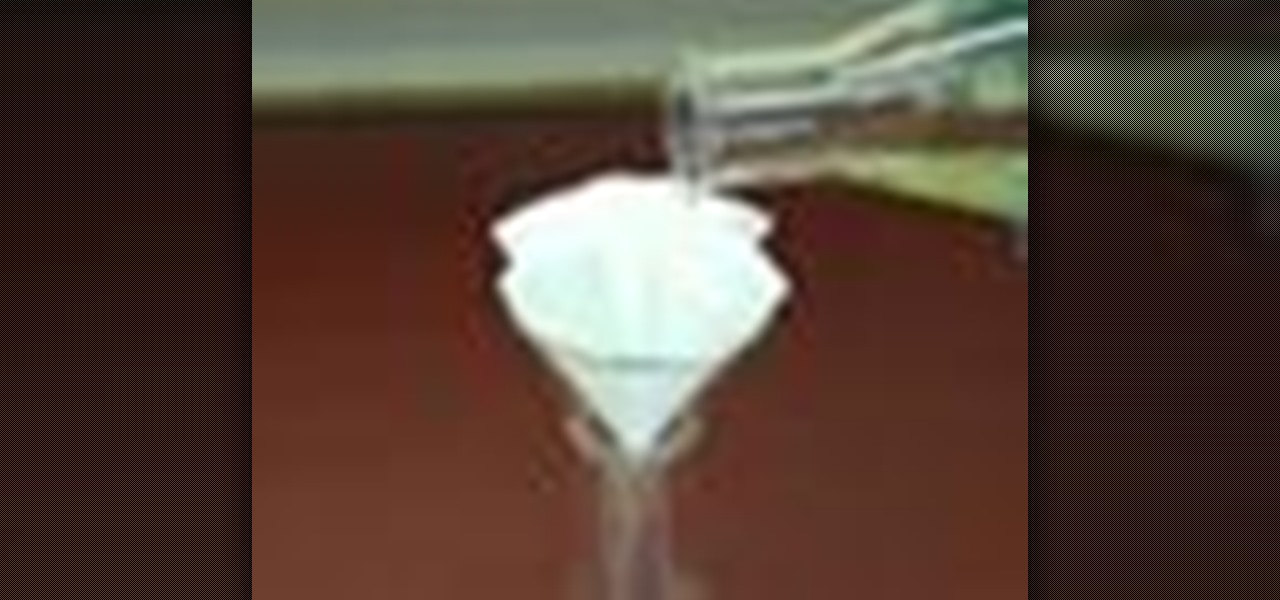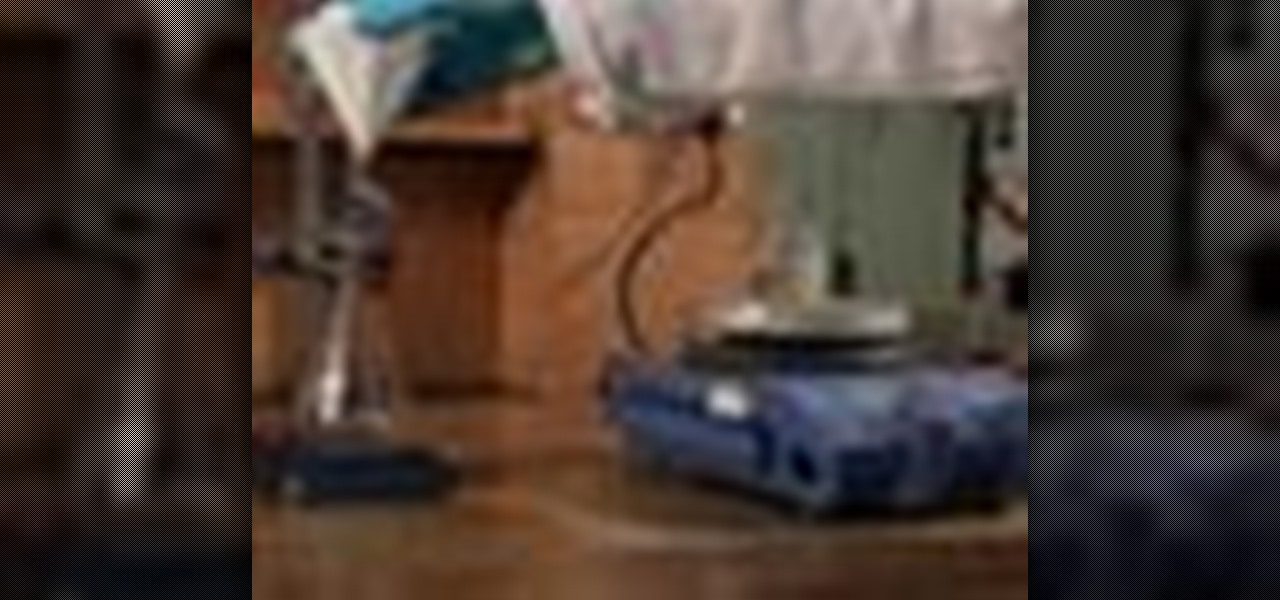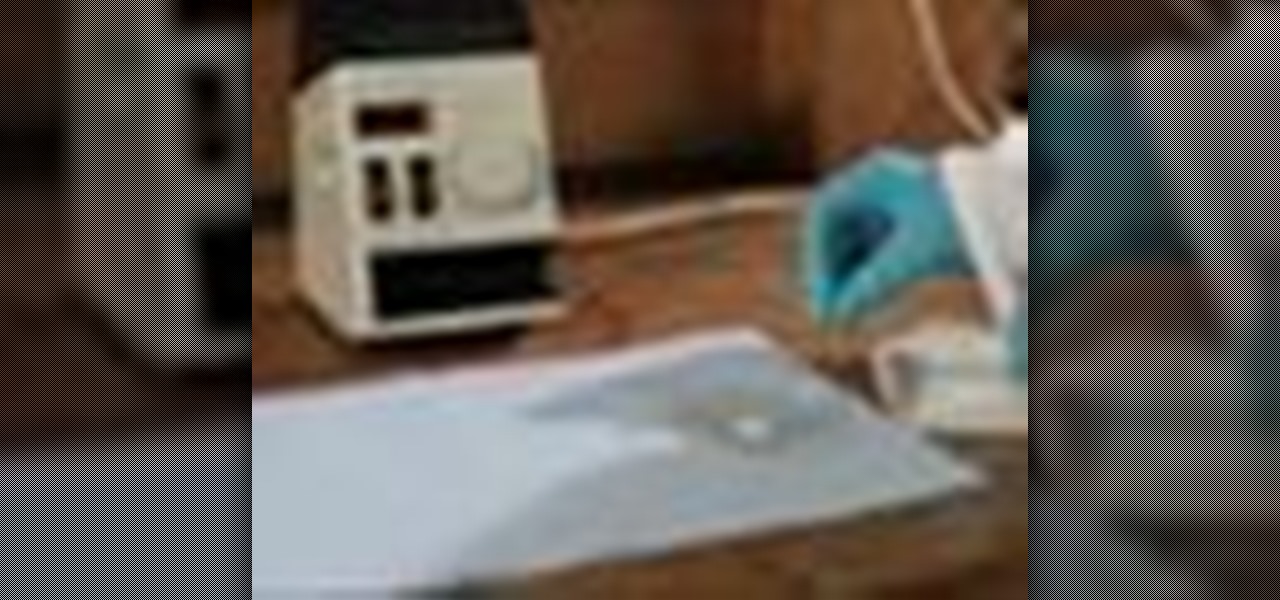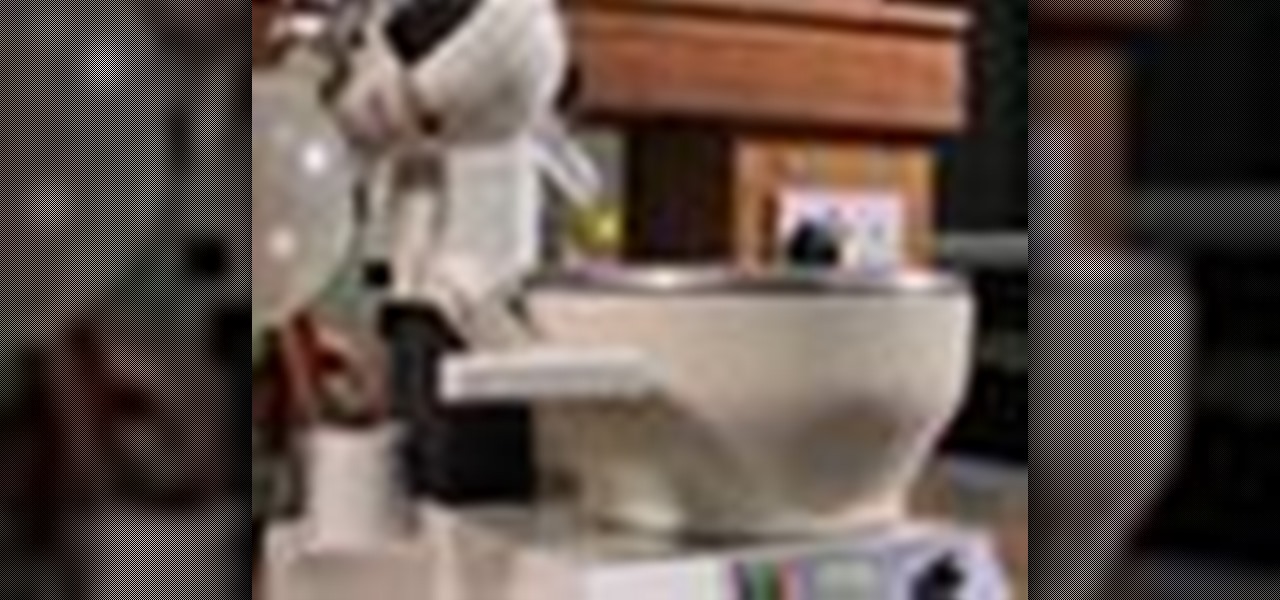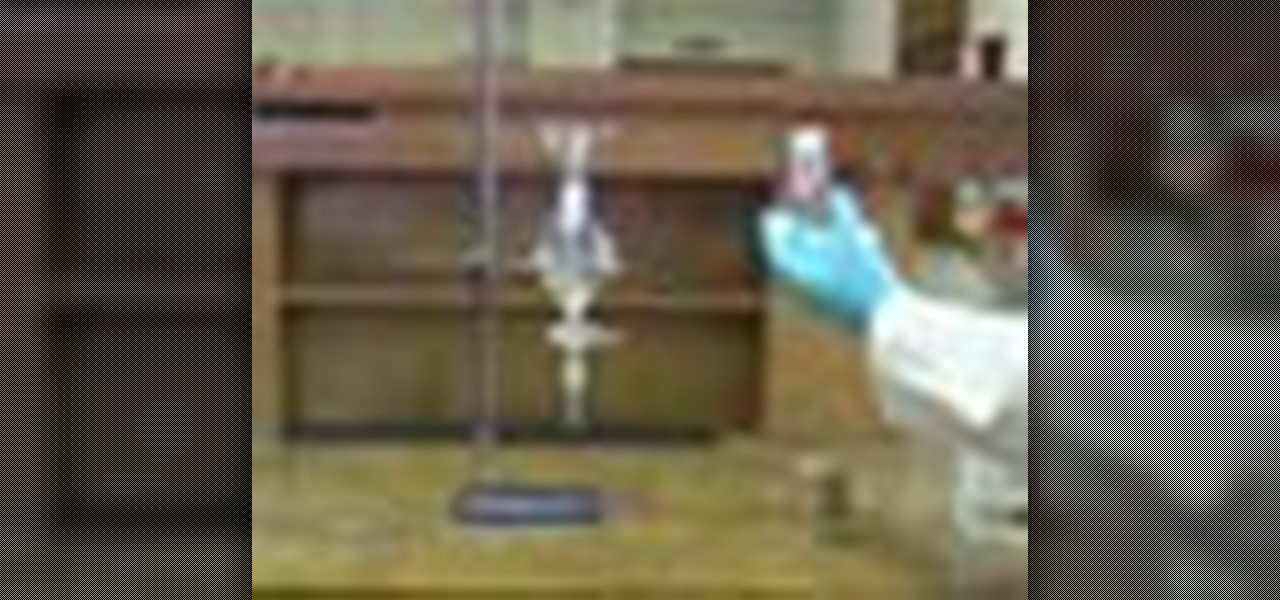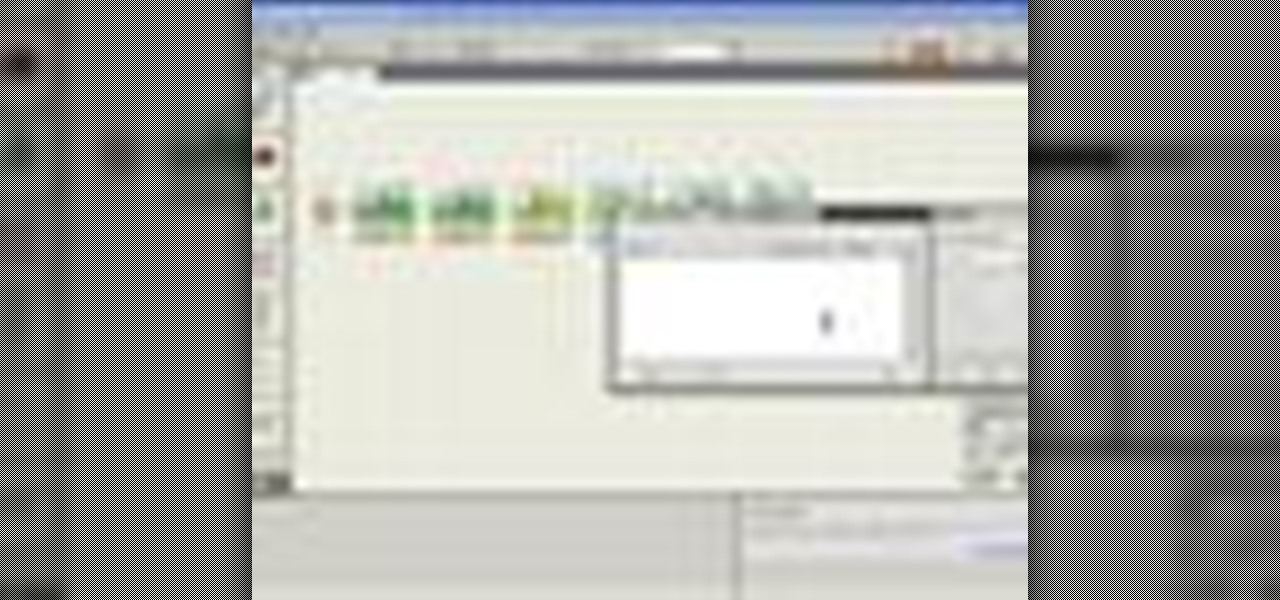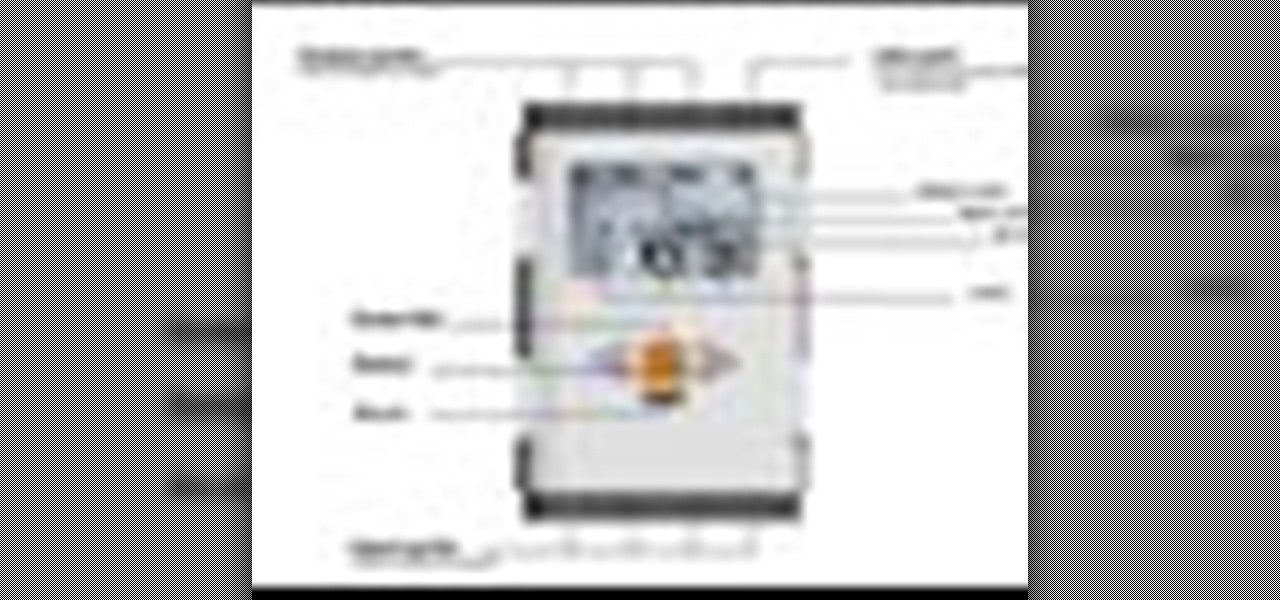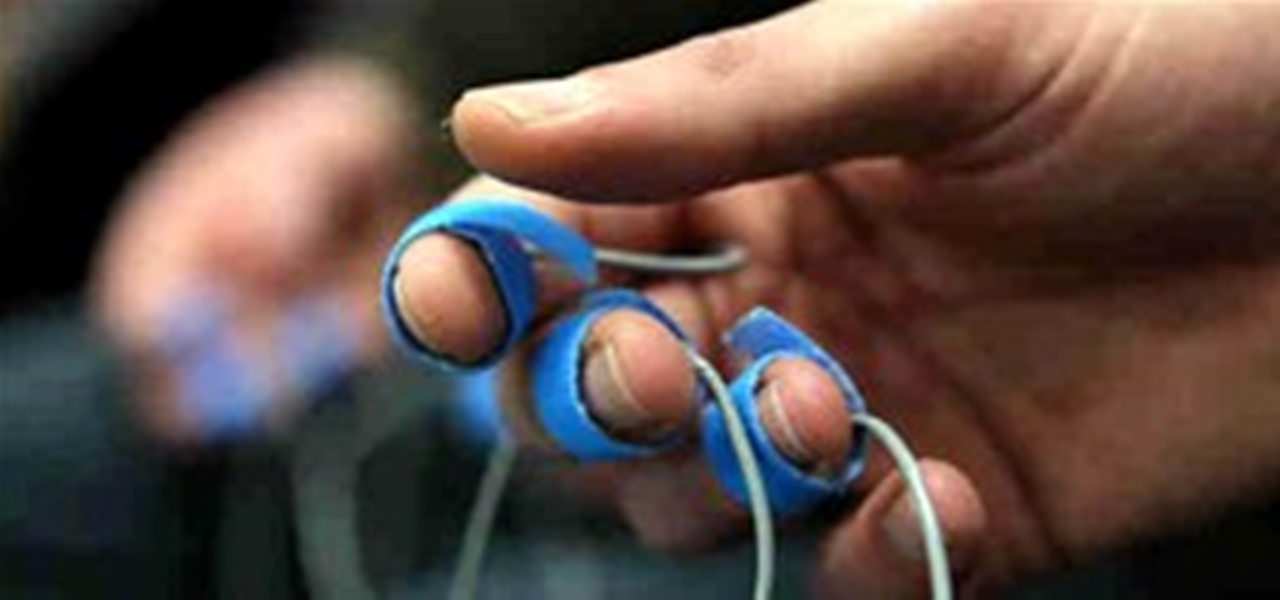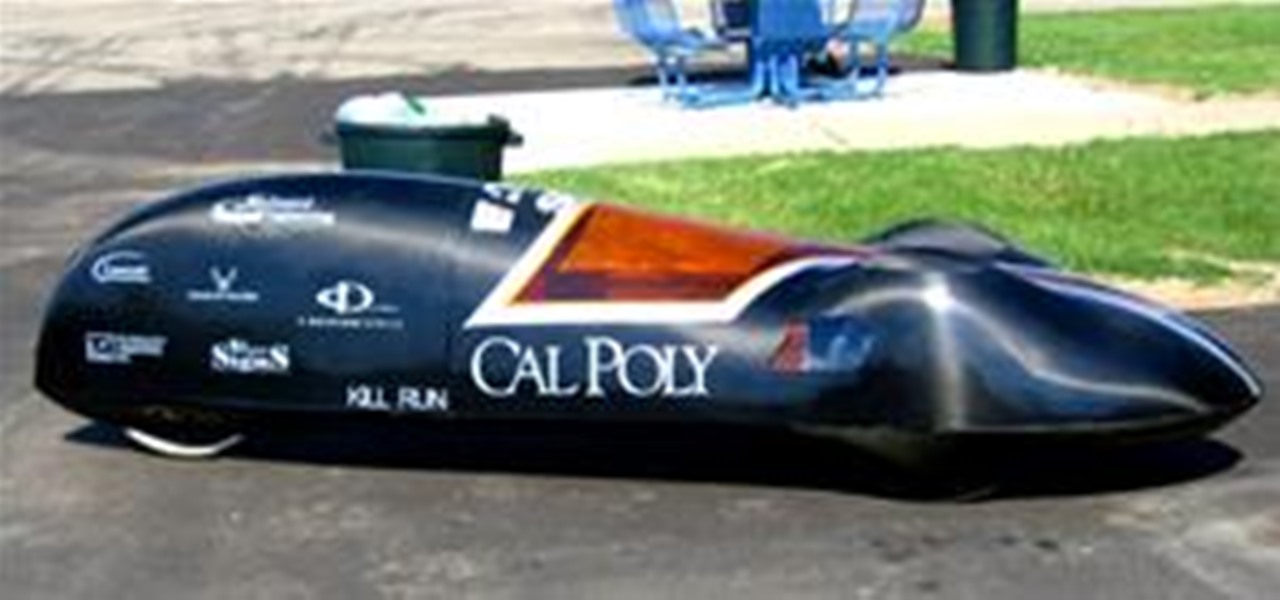
We've all done it. You're sick. You don't want to go to the doctor so you just Google it. Soon, you've perused dozens of websites with conflicting information, you're no better informed than when you started, and your confusion makes you feel worse about your predicament. Would you have been better off not Googling in the first place?

What is DansGuardian? Schools, offices and universities often tend to use a software like DansGuardian to prevent people from accessing certain websites - websites like Youtube, Facebook, Myspace, and so on. However, if you ever find yourself in a situation where you need to access a blocked website... it's possible! As a matter of fact, it's quite easy.

ScienceDaily (Oct. 17, 2009) — Learning to juggle leads to changes in the white matter of the brain, an Oxford University study has shown.

If you’re so smart, why aren’t you rich? Although money and mental muscles may seem a natural match, brains, alas, may be more hindrance than help when it comes to getting rich, concludes a new study in the journal Intelligence.”It is still not well understood why some people are rich and others are poor,” writes study author Jay Zagorsky of Ohio State University. “Luck, timing, parents, choice of spouse and many other factors play important roles in shaping an individual’s circumstances,” he...
On 2 October 2010 Univision held the first Spanish-English debate in the state, which was hosted by CSU Fresno.

Checkout this helpful interactive tutorial for learning acoustic or electric guitar. See how to learn chords for acoustic and electric guitars. The Guitar Chords section allows you to choose between electric or acoustic guitar, find any number of chords and hear them played on the virtual guitar.

Danny Shader talks about how to keep your employees motivated in this video taken from the Stanford University Speaker Series. First, start by making them feel they are working on an important goal that is more important than any individual. Keep your employees motivated.

University of Tokyo and MIT join forces to create a high speed, three fingered, robot pitcher. From Pink Tentacle:

The Interactive Lab Primer (ILP) has been developed as part of the Royal Society of Chemistry Teacher Fellowship Scheme, one of the themes of the Chemistry for Our Future program, and initiative which aims to secure a strong and sustainable future for the chemical sciences in higher education. The aim of the ILP is to address the diverse range of experience and skills students bring with them to a university by offering a resource to support their transition from school to the university chem...

The Interactive Lab Primer (ILP) has been developed as part of the Royal Society of Chemistry Teacher Fellowship Scheme, one of the themes of the Chemistry for Our Future program, and initiative which aims to secure a strong and sustainable future for the chemical sciences in higher education. The aim of the ILP is to address the diverse range of experience and skills students bring with them to a university by offering a resource to support their transition from school to the university chem...

The Interactive Lab Primer (ILP) has been developed as part of the Royal Society of Chemistry Teacher Fellowship Scheme, one of the themes of the Chemistry for Our Future program, and initiative which aims to secure a strong and sustainable future for the chemical sciences in higher education. The aim of the ILP is to address the diverse range of experience and skills students bring with them to a university by offering a resource to support their transition from school to the university chem...

The Interactive Lab Primer (ILP) has been developed as part of the Royal Society of Chemistry Teacher Fellowship Scheme, one of the themes of the Chemistry for Our Future program, and initiative which aims to secure a strong and sustainable future for the chemical sciences in higher education. The aim of the ILP is to address the diverse range of experience and skills students bring with them to a university by offering a resource to support their transition from school to the university chem...

Vacuum Distillation is a distillation carried out at reduced The Interactive Lab Primer (ILP) has been developed as part of the Royal Society of Chemistry Teacher Fellowship Scheme, one of the themes of the Chemistry for Our Future program, and initiative which aims to secure a strong and sustainable future for the chemical sciences in higher education. The aim of the ILP is to address the diverse range of experience and skills students bring with them to a university by offering a resource t...

The Interactive Lab Primer (ILP) has been developed as part of the Royal Society of Chemistry Teacher Fellowship Scheme, one of the themes of the Chemistry for Our Future program, and initiative which aims to secure a strong and sustainable future for the chemical sciences in higher education. The aim of the ILP is to address the diverse range of experience and skills students bring with them to a university by offering a resource to support their transition from school to the university chem...

The Interactive Lab Primer (ILP) has been developed as part of the Royal Society of Chemistry Teacher Fellowship Scheme, one of the themes of the Chemistry for Our Future program, and initiative which aims to secure a strong and sustainable future for the chemical sciences in higher education. The aim of the ILP is to address the diverse range of experience and skills students bring with them to a university by offering a resource to support their transition from school to the university chem...

The Interactive Lab Primer (ILP) has been developed as part of the Royal Society of Chemistry Teacher Fellowship Scheme, one of the themes of the Chemistry for Our Future program, and initiative which aims to secure a strong and sustainable future for the chemical sciences in higher education. The aim of the ILP is to address the diverse range of experience and skills students bring with them to a university by offering a resource to support their transition from school to the university chem...

The Interactive Lab Primer (ILP) has been developed as part of the Royal Society of Chemistry Teacher Fellowship Scheme, one of the themes of the Chemistry for Our Future program, and initiative which aims to secure a strong and sustainable future for the chemical sciences in higher education. The aim of the ILP is to address the diverse range of experience and skills students bring with them to a university by offering a resource to support their transition from school to the university chem...

The Interactive Lab Primer (ILP) has been developed as part of the Royal Society of Chemistry Teacher Fellowship Scheme, one of the themes of the Chemistry for Our Future program, and initiative which aims to secure a strong and sustainable future for the chemical sciences in higher education. The aim of the ILP is to address the diverse range of experience and skills students bring with them to a university by offering a resource to support their transition from school to the university chem...

The Interactive Lab Primer (ILP) has been developed as part of the Royal Society of Chemistry Teacher Fellowship Scheme, one of the themes of the Chemistry for Our Future program, and initiative which aims to secure a strong and sustainable future for the chemical sciences in higher education. The aim of the ILP is to address the diverse range of experience and skills students bring with them to a university by offering a resource to support their transition from school to the university chem...

The Interactive Lab Primer (ILP) has been developed as part of the Royal Society of Chemistry Teacher Fellowship Scheme, one of the themes of the Chemistry for Our Future program, and initiative which aims to secure a strong and sustainable future for the chemical sciences in higher education. The aim of the ILP is to address the diverse range of experience and skills students bring with them to a university by offering a resource to support their transition from school to the university chem...

The Interactive Lab Primer (ILP) has been developed as part of the Royal Society of Chemistry Teacher Fellowship Scheme, one of the themes of the Chemistry for Our Future program, and initiative which aims to secure a strong and sustainable future for the chemical sciences in higher education. The aim of the ILP is to address the diverse range of experience and skills students bring with them to a university by offering a resource to support their transition from school to the university chem...

The Interactive Lab Primer (ILP) has been developed as part of the Royal Society of Chemistry Teacher Fellowship Scheme, one of the themes of the Chemistry for Our Future program, and initiative which aims to secure a strong and sustainable future for the chemical sciences in higher education. The aim of the ILP is to address the diverse range of experience and skills students bring with them to a university by offering a resource to support their transition from school to the university chem...

The Interactive Lab Primer (ILP) has been developed as part of the Royal Society of Chemistry Teacher Fellowship Scheme, one of the themes of the Chemistry for Our Future program, and initiative which aims to secure a strong and sustainable future for the chemical sciences in higher education. The aim of the ILP is to address the diverse range of experience and skills students bring with them to a university by offering a resource to support their transition from school to the university chem...

The Interactive Lab Primer (ILP) has been developed as part of the Royal Society of Chemistry Teacher Fellowship Scheme, one of the themes of the Chemistry for Our Future program, and initiative which aims to secure a strong and sustainable future for the chemical sciences in higher education. The aim of the ILP is to address the diverse range of experience and skills students bring with them to a university by offering a resource to support their transition from school to the university chem...

The Interactive Lab Primer (ILP) has been developed as part of the Royal Society of Chemistry Teacher Fellowship Scheme, one of the themes of the Chemistry for Our Future program, and initiative which aims to secure a strong and sustainable future for the chemical sciences in higher education. The aim of the ILP is to address the diverse range of experience and skills students bring with them to a university by offering a resource to support their transition from school to the university chem...

The Interactive Lab Primer (ILP) has been developed as part of the Royal Society of Chemistry Teacher Fellowship Scheme, one of the themes of the Chemistry for Our Future program, and initiative which aims to secure a strong and sustainable future for the chemical sciences in higher education. The aim of the ILP is to address the diverse range of experience and skills students bring with them to a university by offering a resource to support their transition from school to the university chem...

The Interactive Lab Primer (ILP) has been developed as part of the Royal Society of Chemistry Teacher Fellowship Scheme, one of the themes of the Chemistry for Our Future program, and initiative which aims to secure a strong and sustainable future for the chemical sciences in higher education. The aim of the ILP is to address the diverse range of experience and skills students bring with them to a university by offering a resource to support their transition from school to the university chem...

The Lego Mindstorms system may seem like a toy at first, but it is actually a very powerful robotics system used by universities, schools, hobbiests, and kids alike. Learn how to use the Lego Mindstorms NXT editing and programming software to program movements for your robot. Use the Lego Mindstorms NXT Editor.

The Lego Mindstorms system may seem like a toy at first, but it is actually a very powerful robotics system used by universities, schools, hobbiests, and kids alike. The NXT Brick is the basic component of the NXT system - learn how to use it to build robots and program or check functions. Use the Lego Mindstorms NXT Brick.

Not in the mood for a sappy ending? Well, strap in because "Emotional Response Cinema Technology" lets your own body physiology control the movie music, the special effects, and even the movie ending. A collaboration between BioControl Systems, Filmtrip, and the Sonic Arts Research Center at Queen's University Belfast, the technology was recently showcased at the SXSW film festival in Austin, TX, where the newly minted horror film Unsound interacted with the audience through wires connected t...

Now girls need to take up gaming, seriously. According to a new research, girls who played the games with a parent got a lot of benefits.

A group of nano-scientists from the University of Glasgow have created the world's smallest Christmas card, measuring in at 200 micro-meters wide by 290 micro-meters tall. (BTW, a micro-metre is a millionth of a meter, and the width of a human hair is about 100 micro-meters.)

The upcoming Shell Eco-Marathon promises to unveil vehicles that will blow current fuel economy standards way out of the water. California Polytechnic State University is one of the most promising contenders, with a vehicle that gets 13 times the 230 mpg General Motors promises the Chevrolet Volt will deliver (plus, the Cal Poly car doesn't even use batteries!).

When you sauté kale, it tends to retain all of its nutritional value, whereas boiling and steaming kale will kill the vitamin-enriched goodness. So, this simple kale side dish should be in every cook's recipe box. Kale by itself has a rather bitter flavor, but when cooked in soup or even just briefly with garlic and oil, it's delicious. Harvard University's Martin Breslin shares a quick side dish that's good for you, goes with fish or meats, uses only one pan, and clean-up is a breeze. Best o...

If you thought pull-ups and chin-ups were hard, guess again… this "side-to-side pull-up" takes the lead. Although tough, this exercise is great in keeping your arms toned. This pull-up exercise from Men's Health is ideal for the more advanced trainer, who has outgrown the standard chin-up.
New York (CNN) -- New York City police didn't violate New Jersey state laws when they carried out surveillance programs of Muslim-owned business, mosques and university student groups, according to a Thursday statement from the New Jersey attorney general's office.

Epic is sponsoring a 48-hour Unreal Engine development jam at University of Bedforhsire starting November 4th. The event will be a great chance for anyone with the means of attending to practice learning to use the biggest engine in game development with help from the people who made it. Click through to read the details and register.

People grumbling their way through the grimness of winter have better recall than those enjoying a carefree, sunny day, Australian researchers have found.










